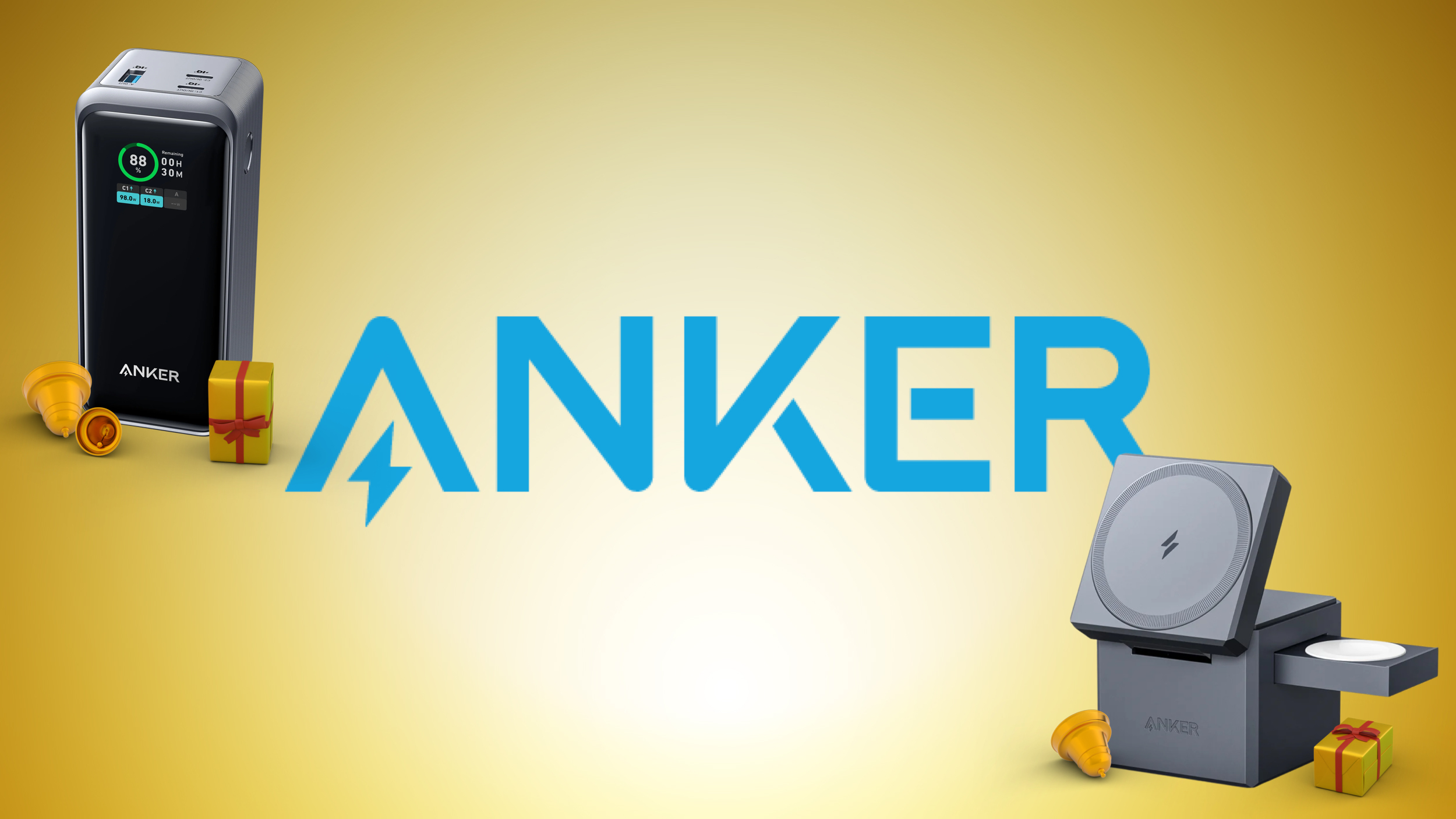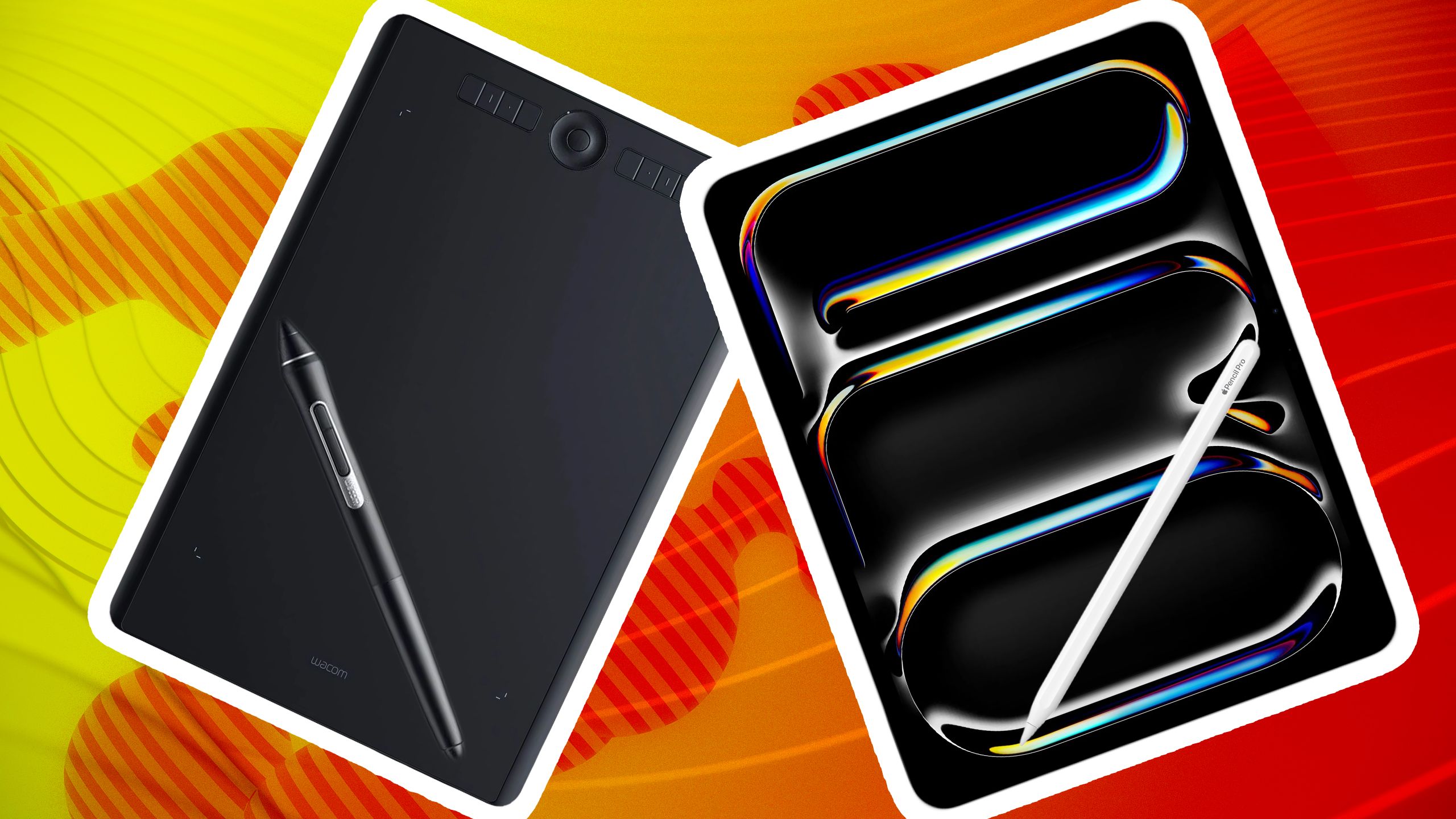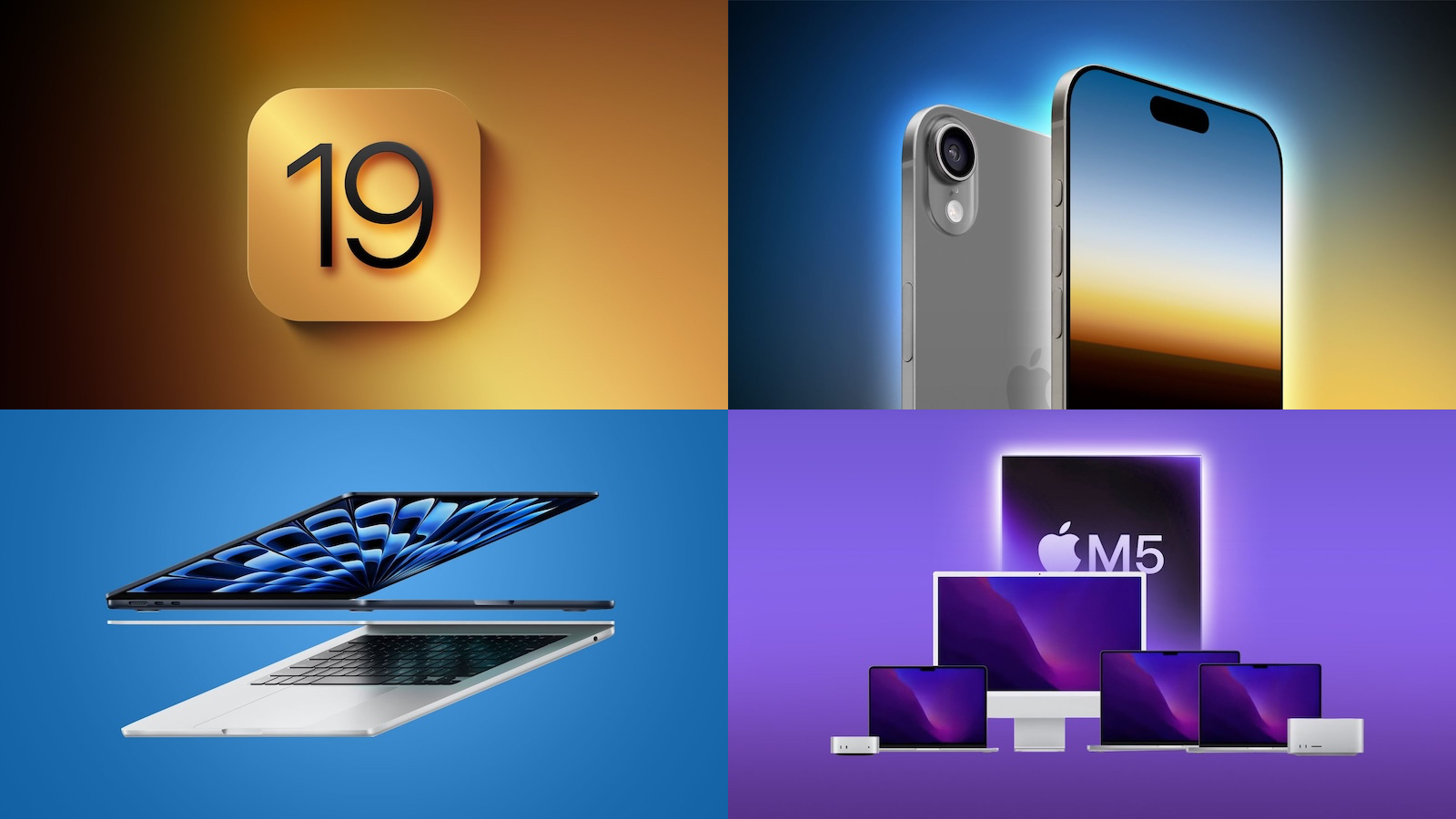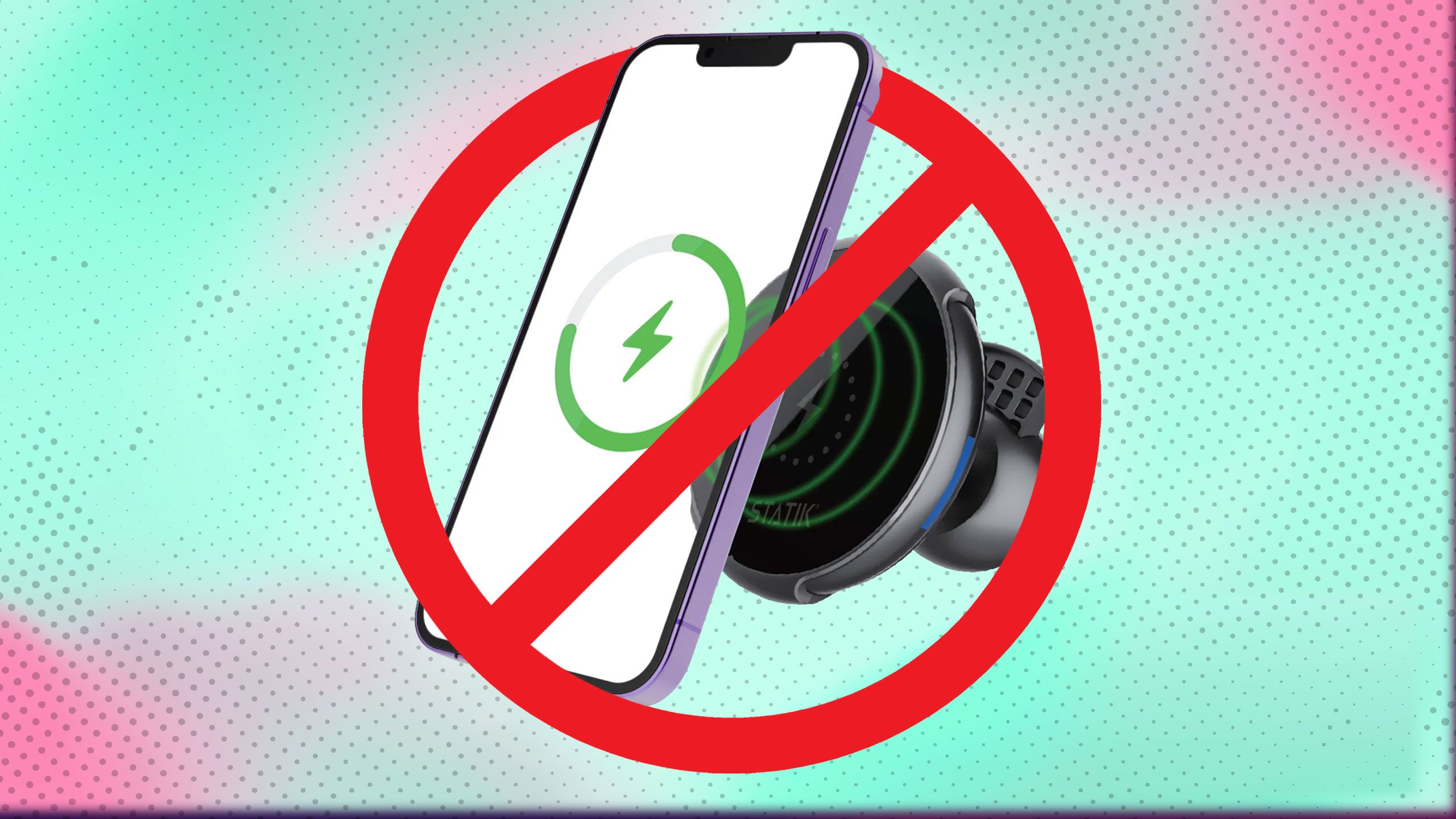Google Bard now prompts users to grant precise location access for more relevant results
Google revealed at its I/O 2023 event that Bard is now available to users in over 180 countries, including India, without any waitlist. Google is adding a horde of new enhancements and improvements to the AI chatbot.
Now, Google Bard uses the precise location of the device to show better local results to users. After the latest update, on opening the website, users will see a “Bard is more relevant with location” prompt.
The prompt explains that the “Bard uses location from your Google Account’s Home and Work addresses and your IP address.” The prompt further says that “To get more relevant responses, you can also choose to let Bard use your device’s precise location”.
On opening the three-line menu, users can see their current location and how it is derived below the dark theme button. The “Update location” option is also present next to current location details and on tapping it, Bard will prompt users, those who have missed the initial prompt, to allow precise location.
As per the Bard experiment updates page, “Bard can start providing more relevant responses if you choose to let it use your device’s precise location. You can manage your preferences in location settings.”
Google Search has been using precise locations to provide users with information about nearby places to them. The same rationale has been used to explain why Bard needs the precise location of the device.
“Precise location helps Bard provide more relevant responses about restaurants near you and many other things about your area,” as per Bard’s updates page.
Baidu’s generative AI
At the Zhongguancun Forum, a prestigious tech forum in China, Baidu’s CEO Robin Li announced that Ernie 3.5, a generative AI large-language model, will be officially launched “very soon”. Ernie 3.5 will power Baidu’s search engine and its ChatGPT-like app Ernie Bot, which received mixed feedback when it was first unveiled two months ago. Ernie 3.5 will compete with OpenAI’s ChatGPT and Google Bard.
Ernie Bot and other products that use the company’s generative AI large-language model have been in beta mode since then, with some companies and users chosen to try the products and give feedback.
“We will reconstruct Baidu’s mobile ecosystem with a native AI approach, to revamp the user experience across products and services like Baidu Search, Baidu App, Baidu Wenku, and Baidu E-commerce. This endeavour will spark a three-fold revolution in human-machine interaction, content creation, and marketing & commerce,” Jackson He, Senior Corporate Vice President of Baidu and GM of Baidu Mobile Ecosystem Group (MEG).
The post Google Bard now prompts users to grant precise location access for more relevant results appeared first on Techlusive.

Google revealed at its I/O 2023 event that Bard is now available to users in over 180 countries, including India, without any waitlist. Google is adding a horde of new enhancements and improvements to the AI chatbot.
Now, Google Bard uses the precise location of the device to show better local results to users. After the latest update, on opening the website, users will see a “Bard is more relevant with location” prompt.
The prompt explains that the “Bard uses location from your Google Account’s Home and Work addresses and your IP address.” The prompt further says that “To get more relevant responses, you can also choose to let Bard use your device’s precise location”.
On opening the three-line menu, users can see their current location and how it is derived below the dark theme button. The “Update location” option is also present next to current location details and on tapping it, Bard will prompt users, those who have missed the initial prompt, to allow precise location.
As per the Bard experiment updates page, “Bard can start providing more relevant responses if you choose to let it use your device’s precise location. You can manage your preferences in location settings.”
Google Search has been using precise locations to provide users with information about nearby places to them. The same rationale has been used to explain why Bard needs the precise location of the device.
“Precise location helps Bard provide more relevant responses about restaurants near you and many other things about your area,” as per Bard’s updates page.
Baidu’s generative AI
At the Zhongguancun Forum, a prestigious tech forum in China, Baidu’s CEO Robin Li announced that Ernie 3.5, a generative AI large-language model, will be officially launched “very soon”. Ernie 3.5 will power Baidu’s search engine and its ChatGPT-like app Ernie Bot, which received mixed feedback when it was first unveiled two months ago. Ernie 3.5 will compete with OpenAI’s ChatGPT and Google Bard.
Ernie Bot and other products that use the company’s generative AI large-language model have been in beta mode since then, with some companies and users chosen to try the products and give feedback.
“We will reconstruct Baidu’s mobile ecosystem with a native AI approach, to revamp the user experience across products and services like Baidu Search, Baidu App, Baidu Wenku, and Baidu E-commerce. This endeavour will spark a three-fold revolution in human-machine interaction, content creation, and marketing & commerce,” Jackson He, Senior Corporate Vice President of Baidu and GM of Baidu Mobile Ecosystem Group (MEG).
The post Google Bard now prompts users to grant precise location access for more relevant results appeared first on Techlusive.




